
Contemplating Historical Consciousness

MAKING SENSE OF HISTORY
Studies in Historical Cultures
General Editor: Stefan Berger
Founding Editor: Jrn Rsen
Bridging the gap between historical theory and the study of historical memory, this series crosses the boundaries between both academic disciplines and cultural, social, political and historical contexts. In an age of rapid globalization, which tends to manifest itself on an economic and political level, locating the cultural practices involved in generating its underlying historical sense is an increasingly urgent task.
Recent volumes:
Volume 36
Contemplating Historical Consciousness: Notes from the Field
Edited by Anna Clark and Carla L. Peck
Volume 35
Empathy and History: Historical Understanding in Re-enactment, Hermeneutics and Education
Tyson Retz
Volume 34
The Ethos of History: Time and Responsibility
Edited by Stefan Helgesson and Jayne Svenungsson
Volume 33
History and Belonging: Representations of the Past in Contemporary European Politics
Edited by Stefan Berger and Caner Tekin
Volume 32
Making Nordic Historiography: Connections, Tensions and Methodology, 18501970
Edited by Pertti Haapala, Marja Jalava, and Simon Larsson
Volume 31
Contesting Deregulation: Debates, Practices and Developments in the West since the 1970s
Edited by Knud Andresen and Stefan Mller
Volume 30
Cultural Borders of Europe: Narratives, Concepts and Practices in the Present and the Past
Edited by Mats Andrn, Thomas Lindkvist, Ingmar Shrman, and Katharina Vajta
Volume 29
The Mirror of the Medieval: An Anthropology of the Western Historical Imagination
K. Patrick Fazioli
Volume 28
Evidence and Meaning: A Theory of Historical Studies
Jrn Rsen
Volume 27
Sensitive Pasts: Questioning Heritage in Education
Edited by Carla van Boxtel, Maria Grever, and Stephan Klein
For a full volume listing, please see the series page on our website: http://berghahnbooks.com/series/making-sense-of-history
CONTEMPLATING HISTORICAL CONSCIOUSNESS
Notes from the Field
Edited by Anna Clark and Carla L. Peck
First published in 2019 by
Berghahn Books
www.berghahnbooks.com
2019, 2020 Anna Clark and Carla L. Peck
First paperback edition published in 2020
All rights reserved. Except for the quotation of short passages
for the purposes of criticism and review, no part of this book
may be reproduced in any form or by any means, electronic or
mechanical, including photocopying, recording, or any information
storage and retrieval system now known or to be invented,
without written permission of the publisher.
Library of Congress Cataloging-in-Publication Data
Names: Clark, Anna, 1978- editor. | Peck, Carla L., editor.
Title: Contemplating Historical Consciousness: Notes from the Field / Anna Clark and Carla L. Peck.
Description: First edition. | New York: Berghahn Books, 2018. | Series: Making Sense of History; volume 36 | Includes bibliographical references and index. |
Identifiers: LCCN 2018048855 (print) | LCCN 2018049913 (ebook) | ISBN 9781785339301 (ebook) | ISBN 9781785339295 (hardback: alk. paper)
Subjects: LCSH: Collective memory. | HistoriographySocial aspects. | Public historySocial aspects. | HistoryStudy and teachingSocial aspects.
Classification: LCC D16.9 (ebook) | LCC D16.9 .C6343 2018 (print) | DDC 907.2dc23
LC record available at https://lccn.loc.gov/2018048855
British Library Cataloguing in Publication Data
A catalogue record for this book is available from the British Library
ISBN 978-1-78533-929-5 hardback
ISBN 978-1-78920-837-5 paperback
ISBN 978-1-78533-930-1 ebook
Illustrations and Tables
Figures
Maps
Tables
Acknowledgments
The inspiration for this edited volume can be traced to a meeting between Anna Clark, Carla Peck, and Peter Seixas in March 2015. During the meeting, Anna noted that it had been ten years since the publication of Peters foundational book, Theorizing Historical Consciousness, and suggested that it would be interesting to askten years laterhow scholars working in history and history education have applied their understanding of historical consciousness in their research. Peter encouraged us to pursue the idea, and provided thoughtful advice, critique, and commentary as the book began to take shape. We are indebted to him for his help in conceptualizing the purpose and scope of this volume.
We would also like to thank each of the contributors to this volume, who took up the challenge of reflecting on their work in meaningful and thought-provoking ways. In terms of the books production, we would like to thank Stefan Berger, editor of the Making Sense of History series, for his encouragement of this collection, along with Chris Chappell, Amanda Horn, and Elizabeth Martinez at Berghahn Books for their editorial assistance and advice during publication. Lastly, we extend our sincere thanks to Burcu Cevik-Compiegne, whose editorial and research assistance was indispensable.
INTRODUCTION
Historical Consciousness
Theory and Practice
ANNA CLARK AND CARLA L. PECK
In recent decades there has been considerable international research into the meanings, uses, and consumption of the past among various peoples around the world. These memory studies have been fuelled not only by the nationally oriented work of Pierre Nora and David Lowenthal, among others, but also by the exploration of commemoration, trauma, and genocide as sites of history. Holocaust, and then postcolonial, studies precipitated an expansive research interest that was less nationally bound and more defined by ethnicity and experience. Both of these closely related fields have seen a wealth of theoretical speculation, semiotic analysis, and investigation of representations of the past and of those who produce them.
With that burgeoning field of research also began the important interpretive work of interrogating and making meaning from history sites, such as monuments, textbooks, remembrances, and exhibitions. The result of such scholarly attention meant these markers in effect became works of history, as laden with meaning as any text, and demanded critique accordingly: memorial architecture was analyzed and interrogated, syllabuses and textbooks were rigorously combed, commemorations and museum exhibits were re-read from critical perspectives, family histories were interpreted with a scholarly lens.


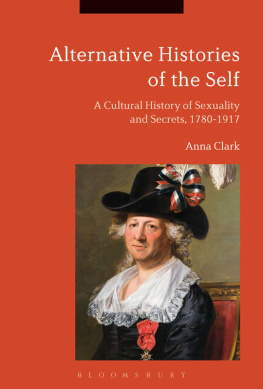
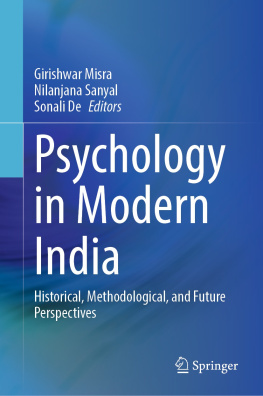
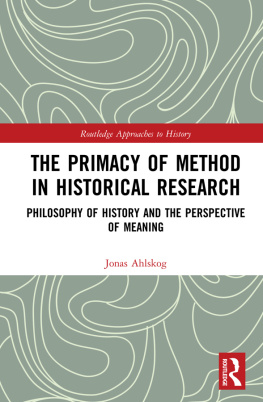
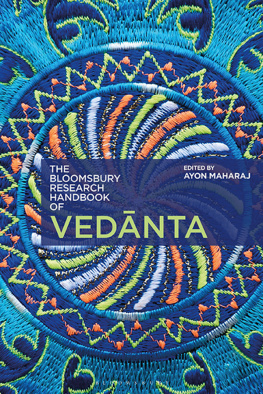
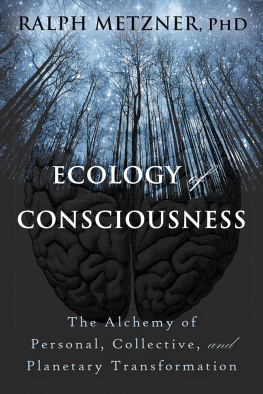
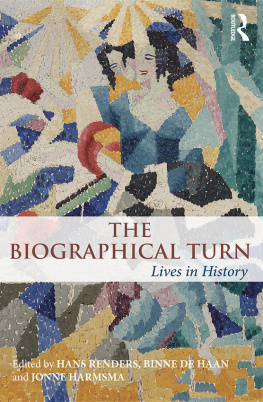
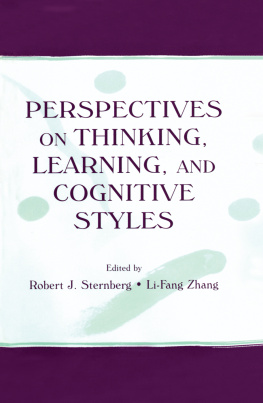
 Contemplating Historical Consciousness
Contemplating Historical Consciousness 




